

Distinguished Fellow at UT Supply Chain Institute; CEO Thrive and Advance, LLC; Board Member at JustReturns, Advisor to DeliverEZ and Airflow
Available For: Advising, Authoring, Consulting, Speaking
Travels From: Atlanta, GA
Speaking Topics: Corporate disruption, Supply Chain, ESG
| Alan Amling | Points |
|---|---|
| Academic | 5 |
| Author | 82 |
| Influencer | 133 |
| Speaker | 0 |
| Entrepreneur | 0 |
| Total | 220 |
Points based upon Thinkers360 patent-pending algorithm.
 It's Board, Not Bored: Why Passive Boards Are the Biggest Risk Nobody's Talking About
It's Board, Not Bored: Why Passive Boards Are the Biggest Risk Nobody's Talking About
Tags: Business Strategy, Digital Disruption, Leadership
 For UPS – Someday is Right Now
For UPS – Someday is Right Now
Tags: Business Strategy, Digital Disruption, Leadership
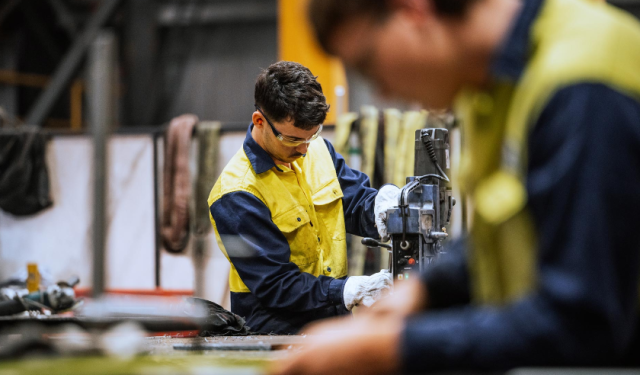 America Wants to Reshore Manufacturing—But Who Will Do the Work?
America Wants to Reshore Manufacturing—But Who Will Do the Work?
Tags: Business Strategy, Digital Disruption, Leadership
 10 Questions to Ponder on Economic Policy and Tomorrow’s Competitiveness
10 Questions to Ponder on Economic Policy and Tomorrow’s Competitiveness
Tags: Business Strategy, Digital Disruption, Leadership
Tags: Business Strategy, Digital Disruption, Leadership
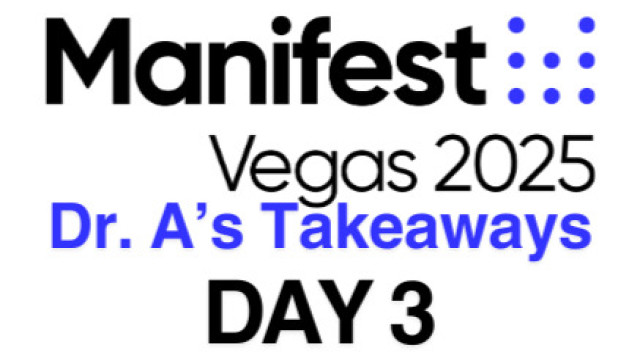 Top 3 Manifest Takeaways - Day 3
Top 3 Manifest Takeaways - Day 3
Tags: Business Strategy, Digital Disruption, Leadership
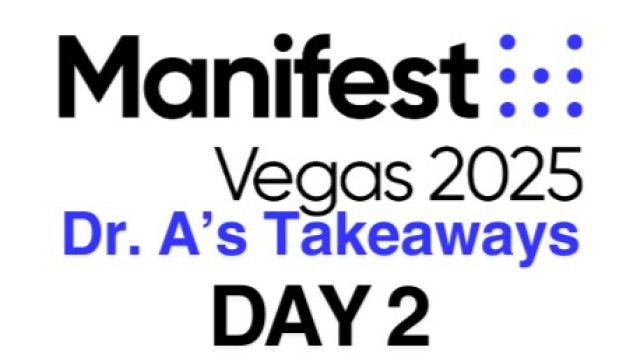 Three Takeaways from Manifest Day 2
Three Takeaways from Manifest Day 2
Tags: Business Strategy, Digital Disruption, Leadership
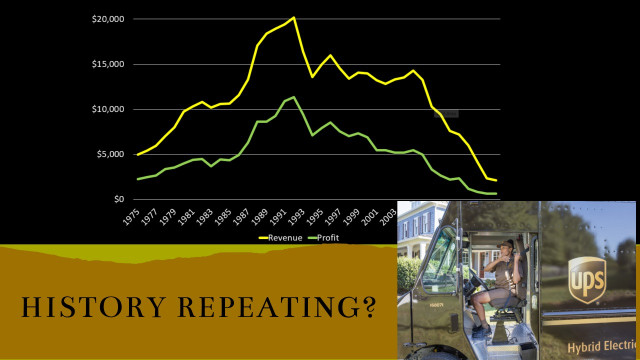 The Fall (and Rise?) of UPS in 2025
The Fall (and Rise?) of UPS in 2025
Tags: Business Strategy, Digital Disruption, Leadership
 Are You Planning for the Wrong Thing? Risk and Uncertainty Require Different Toolboxes
Are You Planning for the Wrong Thing? Risk and Uncertainty Require Different Toolboxes
Tags: Business Strategy, Digital Disruption, Leadership
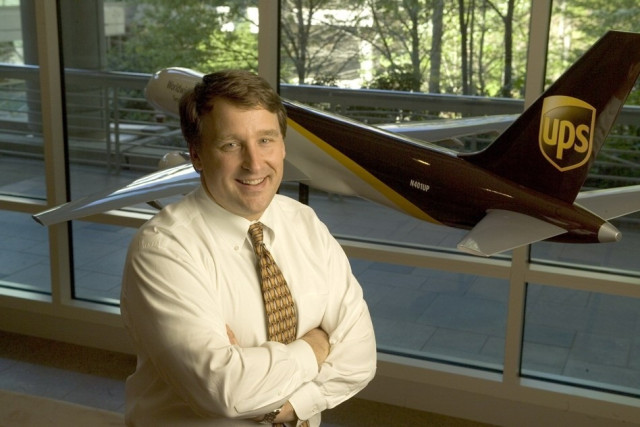 Do You Want to Live?
Do You Want to Live?
Tags: Business Strategy, Digital Disruption, Leadership
 Where the Teamsters Went, the UAW is not Following
Where the Teamsters Went, the UAW is not Following
Tags: Business Strategy, Digital Disruption, Leadership
 5 Early Takeaways from the Tentative UPS-Teamsters Agreement
5 Early Takeaways from the Tentative UPS-Teamsters Agreement
Tags: Business Strategy, Digital Disruption, Leadership
 Were the seeds of disruption planted at UPS in 2020?
Were the seeds of disruption planted at UPS in 2020?
Tags: Business Strategy, Digital Disruption, Leadership
 Excuses Won’t Save the Planet 5 Parental Tips to Get Back on Track
Excuses Won’t Save the Planet 5 Parental Tips to Get Back on Track
Tags: Business Strategy, Digital Disruption, Leadership
 Shakespeare on Reverse Logistics
Shakespeare on Reverse Logistics
Tags: Business Strategy, Digital Disruption, Leadership
 So You Think You're Too Smart to be Disrupted? The Other Side of the Kodak Story
So You Think You're Too Smart to be Disrupted? The Other Side of the Kodak Story
Tags: Business Strategy, Digital Disruption, Leadership
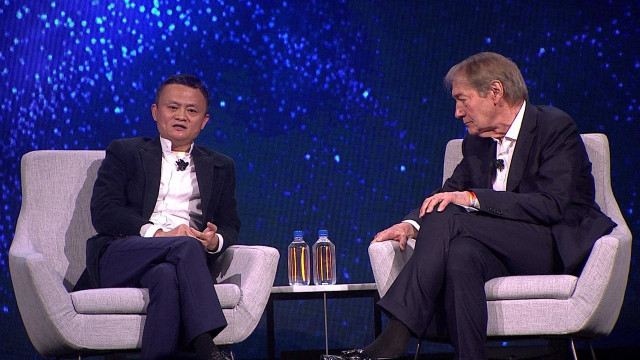 The Serendipity of "Yes"
The Serendipity of "Yes"
Tags: Business Strategy, Digital Disruption, Leadership
 Assets are Dead...Long Live Assets
Assets are Dead...Long Live Assets
Tags: Business Strategy, Digital Disruption, Leadership
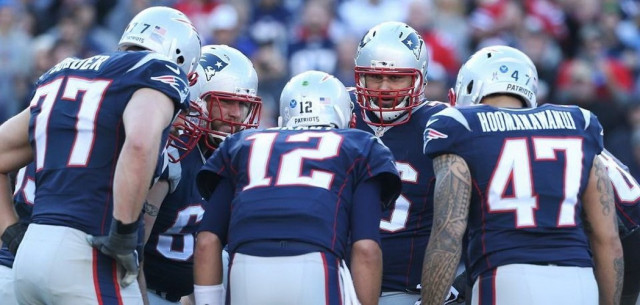 The Patriots Victory Was No Accident
The Patriots Victory Was No Accident
Tags: Business Strategy, Digital Disruption, Leadership
 Embrace Diversity – Today’s Strategic Imperative for Business
Embrace Diversity – Today’s Strategic Imperative for Business
Tags: Business Strategy, Digital Disruption, Leadership
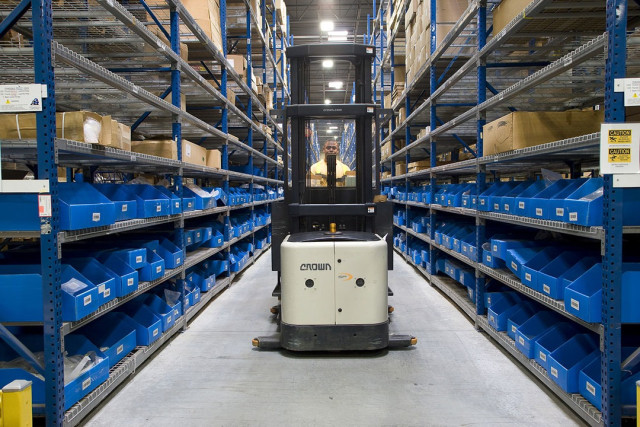 Will Disruption Take a Bite out of Logistics Jobs?
Will Disruption Take a Bite out of Logistics Jobs?
Tags: Business Strategy, Digital Disruption, Leadership
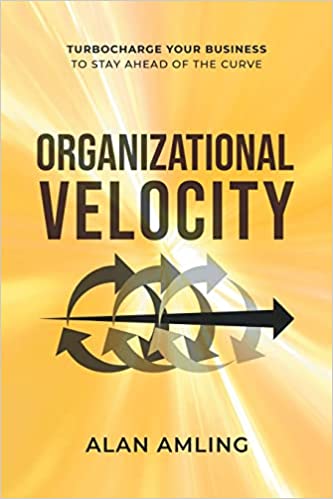 Organizational Velocity - Turbocharge Your Business to Stay Ahead of the Curve
Organizational Velocity - Turbocharge Your Business to Stay Ahead of the Curve
Tags: Digital Disruption, Leadership, Business Strategy
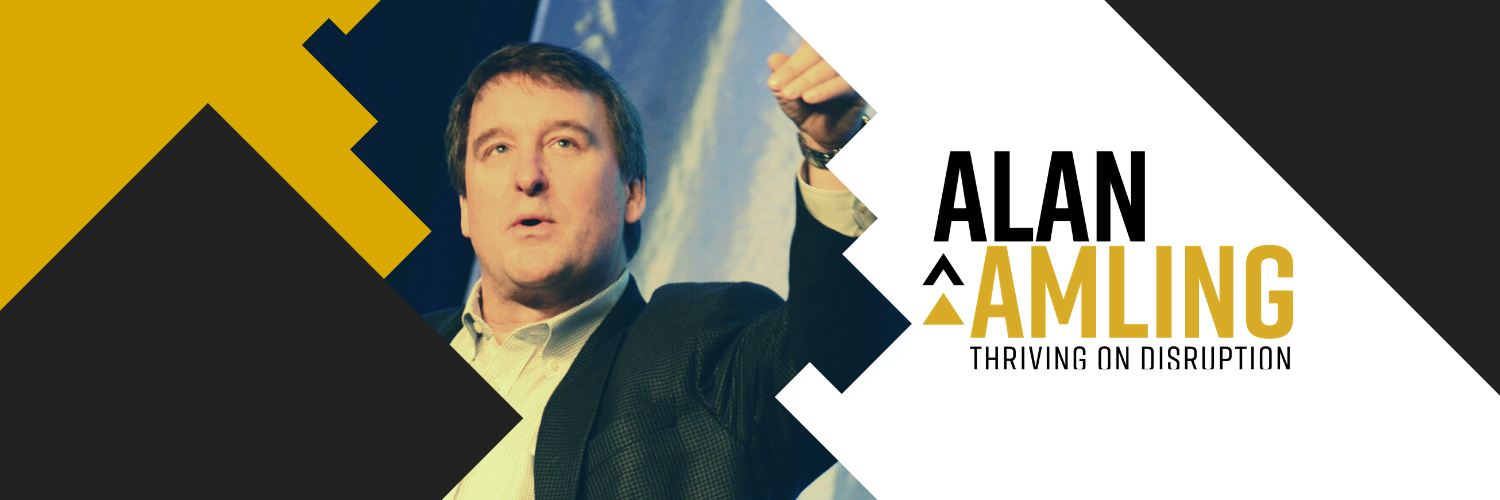 Logistics and Distribution Innovation in China
Logistics and Distribution Innovation in China
Tags: Digital Disruption, Digital Transformation, Supply Chain
 The Invisible Asset: Trust by Alan Amling
The Invisible Asset: Trust by Alan Amling
Trust, as everyone knows, is fundamental. Without trust, employees experience more stress, higher burnout, and less energy at work. A study in Harvard Business Review compared people at low-trust companies with people at high-trust companies. Not surprisingly, at high-trust companies there is 74 percent less stress, 106 percent more energy at work, 50 percent higher productivity, 13 percent fewer sick days, 76 percent more engagement, 29 percent more satisfaction with their lives, and 40 percent less burnout.
Trust is invisible; there is no line item for it on a balance sheet. But its presence, or absence, is felt. Trust is like the wind, casting invisible seeds into every field of an organization. How organizations observe, accept, and act on threats and opportunities is essentially a function of trust, manifesting in both high and low-profile situations.
Let’s take, for example, the situation of an executive who is in a staff meeting and faced with an operations issue that could be detrimental to the company. He or she thinks, I don’t want to raise a red flag. What will my boss and colleagues think of me? If I’m right, then I’m Gold, but if I’m not … This scenario plays out every day in corporate meetings across the world. The first idea is usually not the best one. A problem revealed invites solutions, and people are eager to come up with ideas to fix it. In addition, as ideas are surfaced, everyone present may gain a different perspective that enables a better outcome. But if there’s no trust among the team, the winnowed idea is never given a chance for a better result.
Let’s say the executive is in another team meeting. He has an idea for his division that is a bit off the grid. It’s based on current business trends and a view of the future that cannot be supported with facts (because it hasn’t happened yet, the supporting data doesn’t exist). Does the executive open his mouth and risk ridicule to put the idea on the table? He won’t if there’s no trust in the room. Ideas unexpressed become corporate cancer, eating away at the individual and depriving the firm of the very thing that can allow it to thrive in disruption.
It’s up to the CEO to set the tone for the transparent discussions that fuel an OV organization and lay the groundwork of trust that encourages transparency. These discussions can then lead to actions that cascade through the organization.
While trust is given, it is never taken for granted. Honesty, integrity, following through, being at your best when your best is needed; all these characteristics remain cornerstones of any organization. Shopify CEO Tobi Lutke calls it charging the trust battery. He uses the analogy of a cell phone battery. If your phone is 80 percent charged, you’re not thinking about your phone a lot. However, if you’re on low battery mode, that’s all you can think about.2 Charging your trust battery through your everyday actions is critical to OV, allowing the autonomy to focus on what’s essential and not what should be table stakes. If anyone on your team runs their trust battery dry, fire them immediately, they’re cancer.
Tags: Digital Disruption, Management, Leadership
 It's Board, Not Bored: Why Passive Boards Are the Biggest Risk Nobody's Talking About
It's Board, Not Bored: Why Passive Boards Are the Biggest Risk Nobody's Talking About For UPS – Someday is Right Now
For UPS – Someday is Right Now America Wants to Reshore Manufacturing—But Who Will Do the Work?
America Wants to Reshore Manufacturing—But Who Will Do the Work?